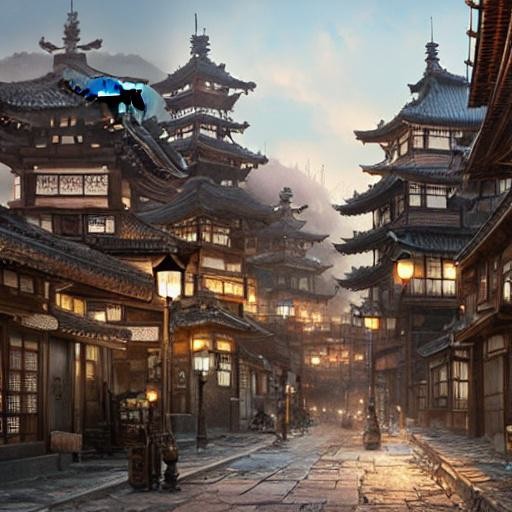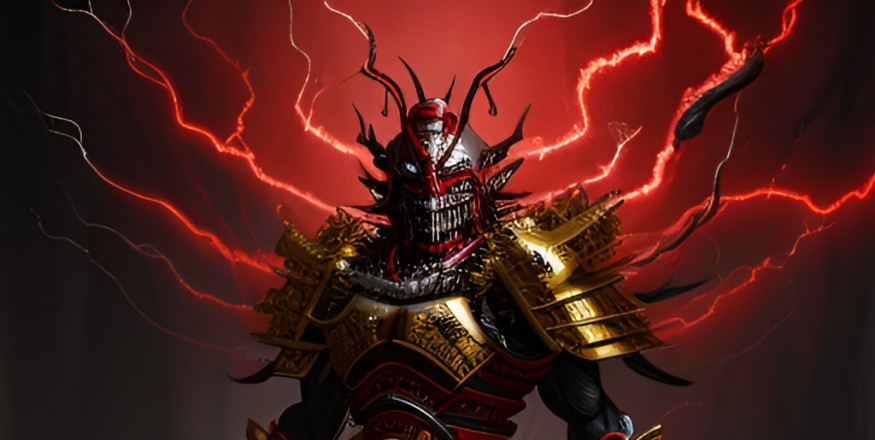 x
x
Takashi and Foydor walking down the main street of their town. They notice a new hotel and several restaurants have opened up, and they marvel at how quickly the town is changing. Foydor wonders if farming is still the best way to support his family, given the influx of new businesses. Takashi reflects on his own experience, realizing how fortunate he is to be able to sustain himself with what he can grow.
As they continue their walk, they come across a group of farmers who are discussing the changing landscape of the town. Some are excited about the new businesses, seeing them as an opportunity to sell their produce and expand their customer base. Others, however, are concerned about the impact of the new businesses on their way of life.
Takashi and Foydor listen to the farmers' concerns, and they realize that there is no easy answer. They understand the importance of supporting local businesses and the need for economic growth, but they also value the traditional way of life that farming represents.
In the end, Takashi and Foydor come to the conclusion that there is room for both farming and business in their town. They see the potential for collaboration between farmers and local businesses, and they believe that this can lead to a stronger, more sustainable community.
As the chapter comes to a close, Takashi and Foydor reflect on the changing landscape of their town. They realize that while there may be challenges ahead, they are optimistic about the future and the potential for growth and prosperity for all.






















